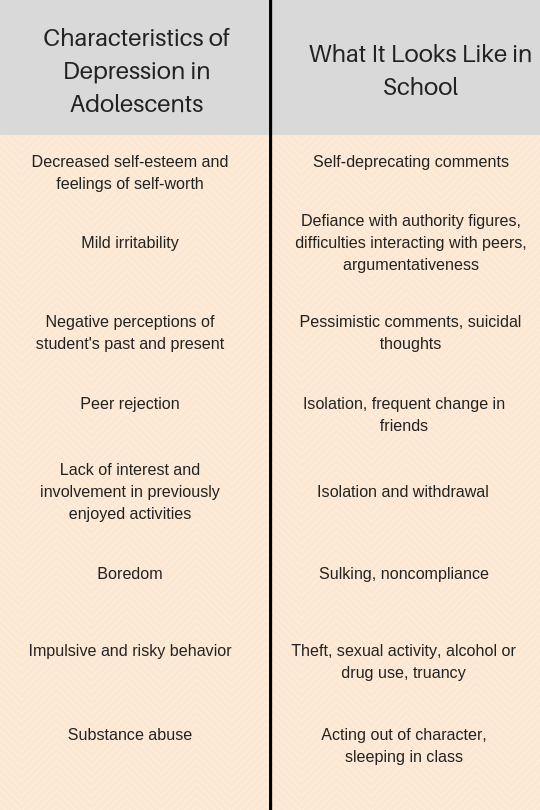 By Katie Mest
By Katie Mest
Parents: Here’s my story.
Sitting alone in my bedroom, I finally allow myself to release all the tension and built-up stress from the longest day of my week. It’s days like these that make me sometimes question my ability to accomplish even the smallest of tasks.
Thursdays are rough.
I wake up for my 8 a.m. class, which sometimes is immediately followed by a meeting with our project team. Luckily, I usually have approximately an hour or so to get lunch. From 12:30 to 3:15, my back-to-back classes occupy my afternoon, and after that I go to work…until about 11 p.m.
That’s just the skeleton of my Thursday.
In any free moment, I’m trying to finish the homework that inevitably did not get finished for that day’s classes. During downtime at work, I try to get a head start on the next day’s work, which never actually happens because there’s no downtime at work. For dinner, I pick up any unhealthy but quick meal I can get that won’t break my already low bank account.
None of this factors in walking time from academic buildings to my house (10-15 minutes depending on the building), which adds up at the end of the day.
All of this results in me coming home exhausted and delusional, only to bawl my eyes out at something small like accidentally knocking my glass of water off my nightstand.
It’s difficult. It’s draining. But it’s not unusual for someone my age.
Though my high-stress situations didn’t start until college, some students start experiencing them in high school or even middle school.
I know a good amount of people who regularly have mental breakdowns from the pressures of school. Some are on anti-depressant or anti-anxiety medication. Some regularly see a therapist. Many would say that they have at some point felt overly stressed and depressed.
Some, however, deal with their problems alone, which is why it’s extremely important that you as a parent recognize if this is happening to your child.
The Facts
Anxiety disorders affect 25.1 percent of children between 13 and 18 years old, according to the Anxiety and Depression Association of America, and can also occur with other disorders, including depression and eating disorders.
Anxiety disorders are the most common mental illness in the United States.
If you suspect your child is getting overwhelmed with school, reach out. Acknowledgment on your part can go a long way.
BUT, you must be patient. Each case is different, so what you may have heard worked for someone else might not work for your child.
What Can You Do?
- Validate their emotions. It’s extremely discouraging to breakdown over a series of events when our peers are thriving doing the exact same things. Recognize and remind your children that they are doing their best.
- Look for symptoms. ASCD gave a great list of what to look for:

- Don’t stigmatize the situation. It can be a complicated topic to discuss, but the last thing you want to do is make your child feel like their emotions are something they have to hide from others. More people are going through this than you think.
- Encourage your child to reach out. To you. To a friend. To a teacher. Get them talking.
For more information about depression and anxiety, click here:
National Institute of Mental Health
To learn more about problems facing your teen, read up on the world of sports gambling:
A Parent to Parent website about drugs: http://PtPDrugFree.com

